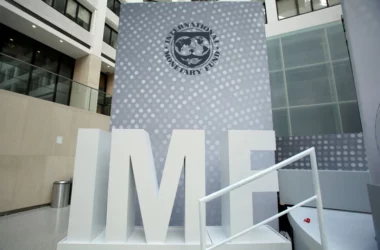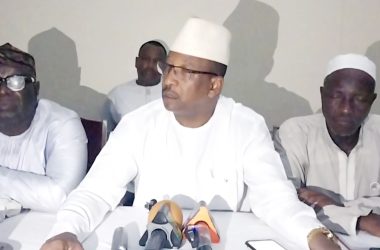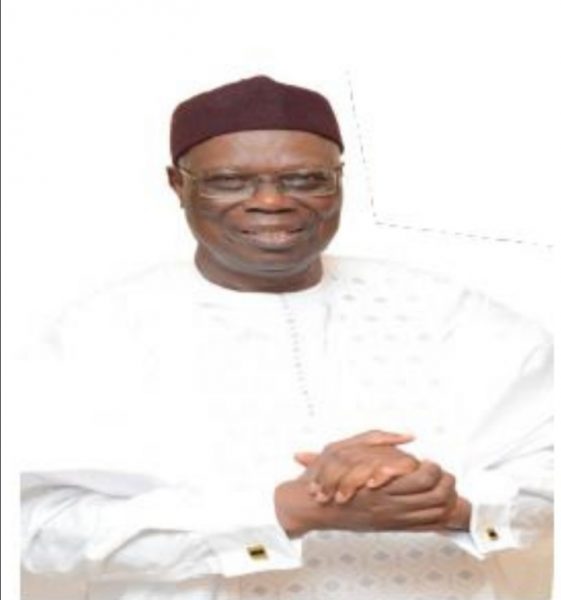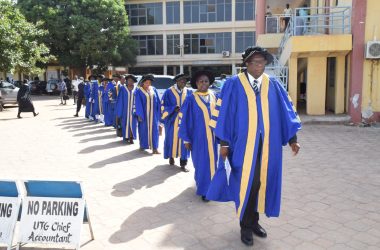
With the submission of its final report to the Head of State, the Constitutional Review Committee, (CRC), can be said to have successfully completed its set task.
It is equally noteworthy that, in carrying out its work, the Commission proceeded with remarkable assiduity and professionalism. For all these reasons, Gambia For All, which has followed the entire process with keen interest, now warmly commends the Commission.
As a party, we are alive to the fact that, for more than two decades, our people endured horrendous abuse, pain and misery under a corrupt dictatorship which was notorious as much for its predatory disposition as for its callousness, amidst its penchant for megalomania.
Sadly, we still live with its sinister legacy of rampant graft; on the back of an incompetent administration distrusted and despised by the very public, it is supposed to serve.
Guided by our party’s fundamental option for a democratic society, to evolve within a state anchored in constitutional order and the rule of law, together with our commitment to building a strong, but caring, state which will be as respectful of our citizens’ freedoms and rights as it will be responsive to their basic needs, we have, in reviewing the CRC’s draft Constitution, remained mindful of our people’s legitimate aspiration to henceforth live in freedom, security and dignity, away from the appalling conditions we have known for so long.
We therefore recognize the need for a new governance culture and practices, starting with crafting a new constitution.
Framing a new constitution for our purpose is, therefore, serious business. In examining the proposals put forward by the CRC, we steered clear of sterile polemic over esoteric details. Our focus was maintained on whether, and to what extent, the draft document can be said to prescribe adequate safeguards against a repeat of the weaknesses in our national governance framework.
These weaknesses, have in the recent past, caused so much disservice to our collective desire to develop into a progressive modern nation state operating on the basis of principles of good governance.
Accordingly, in terms of institutional arrangements within the state, we welcome the considerable length to which the CRC has been in its proposals for curbing the excessive powers, which the executive arrogated to itself under the 1997 Constitution.
In the process, the principle of the separation of powers stands to be reinforced; on one hand, the independence of the judiciary is better safeguarded while the parliamentary institution, for its part, is given increased scope for asserting its own independence vis-à-vis the executive, as well as for exercising meaningful oversight over critical executive decisions.
We equally laud the proposals that seek to bring greater clarity in the area of those national and societal values, together with other pertinent principles of leadership, which the Commission considers should underpin governance practices within the state, making their observance a prescribed legal obligation.
Similarly, we view the proposals for setting up Independent Institutions for supporting good governance practices, as progressive ideas coming up at an opportune juncture in our nation building.
We consider that the new proposals designed to robustly promote Decentralisation in the administration of the country, streamline the organization of the Public Services and enhance accountability and transparency in the management of Public Finances make a lot of sense.
Taken together, these sets of innovations will prove mutually reinforcing and help in the realisation of our people’s aspirations for a responsible, caring and impartial state, an effective administration as well as greater local participation in decisions affecting the lives of our different communities.
Therein lies the promise of more efficient public services delivery, better provision for welfare through more equitable distribution of development and progress throughout the country.
The area of Fundamental Human Rights and Freedoms is, arguably, where the CRC draft seeks to introduce the most wide-ranging improvements. We count up to 31 justiciable rights identified and delineated with much greater clarity [as against 17 in the 1997 Constitution].
To the argument that there is possible risk of an over-drive, in terms of the length and considerable details provided, we for our part oppose that view, in light of our recent experience as a nation. It is preferable to err on the side of detail and length, than take risks attendant to leaving matters to assumption. In fact, given the thrust of the draft proposals in this area, [especially as they relate to the rights of assembly and expression], we make bold, once the new Constitution comes into force, to suggest that the Public Order Act will need to be repealed or fundamentally amended to fall in line with the spirit of the new Constitution.
This is not to suggest that the CRC has produced a perfect draft. Indeed, we spot some potentially controversial proposals. For instance, we do not believe that the innovation in respect of appointment of members of the proposed Independent Boundaries & Electoral Commission [IBEC}, goes far enough to safeguard public confidence in the independence and neutrality of that vitally critical election regulatory body.
Experience with the present parliament shows just how much its institutional effectiveness is vulnerable in the face of petty partisan spirit too often shown to pre-dominate in debates on the floor of “the august assembly”.
Similarly, we regret that in its proposals for disqualification for election as President the CRC chose to retain dual citizenship among the relevant grounds; we consider the classic justification for such provision to be weak, indeed far-fetched, in our circumstances.
Elsewhere, we note the idea of creating a position of Chief of Staff to the President to discharge functions spelt out in the draft. While seeing no objection to the principle of the creation of the post, we find it unnecessary to make it a constitutional provision.
Do we need to put an in-coming President, who may perfectly see no need to have a Chief of Staff, to the trouble of having to amend the constitution to do away with the post?
Overall, however, the document crafted by the Constitutional Review Commission has a lot of merit. It was developed on the back of wide-ranging public consultations and most of the proposals reflect the deep-felt concerns of Gambians.
Gambia For All is satisfied that, if adopted, the document will prove an effective instrument to underpin the functioning of a progressive modern state, the practice of good governance and the moulding of a democratic society in which citizens will enjoy the scope for living in freedom and dignity.
We strongly urge Gambians, who have demonstrated a high level of interest in the review process, to commit to this draft Constitution and to support it when it is put to them in the scheduled referendum later this year.















This is such a wonderful challenge. I can’t wait to see Borrow on .t.v.
The truth must reveal….we need to know which is which
……..
Thank you so much right honorable Alhagie BB DABO.
Samsedin badjie